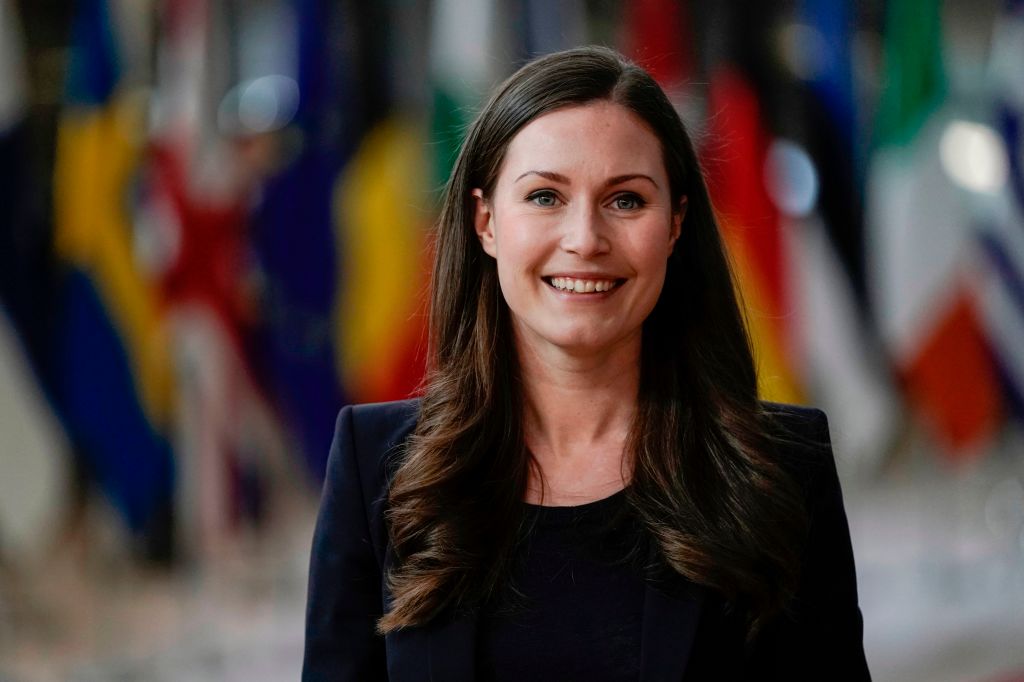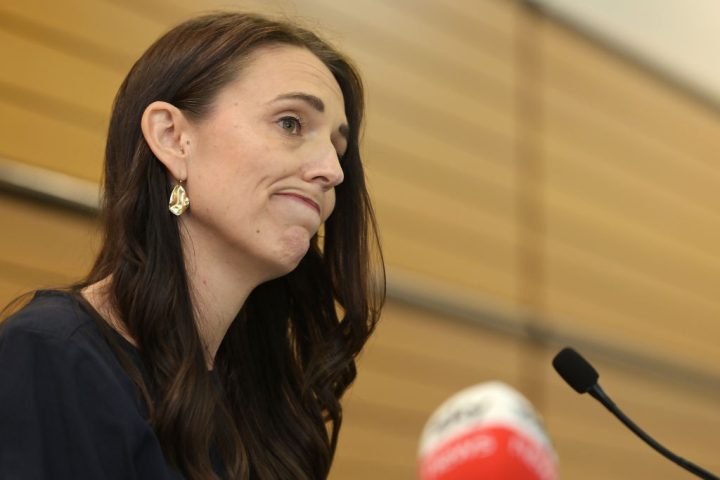The leaders of Germany, Iceland, Belgium, New Zealand, Finland and Denmark are arranged into a grid, accompanied by this caption: ‘COVID-19 is everywhere but countries with heads of state managing the crisis better seem to have something in common.’ Those six countries are among the fewer than 30 in the world that are led by women. The implication is that a woman makes a better leader than a man during a pandemic.
I work in the corporate world, where our trade publications frequently surface studies that show companies run by women, or with more women on their board of directors, tend to outperform those run by men. I usually greet such studies with skepticism. Unfortunately the percentage of companies helmed by women is still so low that it seems difficult to draw conclusive results. I suspect there may often be some correlation-causation smoke and mirrors involved, where the actual reason why a female-led company does better than a male-led one is not the gender of the CEO, but other conditions that may have made it more attractive to a female CEO in the first place. What’s more, statistics are easily taken out of context, especially when there’s ideological bias involved.
But for a health-related crisis like COVID-19, there may actually be reason to believe that female heads of state will outperform their male counterparts on average. The reason: women tend to take their own health more seriously than men do.
The CDC has said that women are 33 percent more likely to visit a doctor than men are, even when pregnancy-related visits are excluded, and get annual physical exams at a rate of 100 percent more. (This is in spite of the fact that publications across a broad ideological spectrum, from Commentary to VICE, have criticized the healthcare industry for failing to take women’s health concerns seriously.) Men are considerably more likely than women to ignore cholesterol tests, which has been cited as a reason why they get more heart attacks in their fifties than women do. Then there’s the male variability hypothesis (‘Men are both dumber and smarter than women,’ as one headline put it in 2015), which posits that men’s intelligence tends to be distributed more along the extremes than women’s is. If we accept this hypothesis to be true it means that, yes, men are more likely to be geniuses, but they’re also more likely to be Florida Man.
‘Call it the ostrich mentality or the John Wayne Syndrome; by any name, men who skip tests and treatments, minimize symptoms, and disregard medical advice are asking for trouble,’ a 2010 article published by Harvard Medical School explained. ‘Men who look under the hood every time the engine coughs should be as quick to get help when they cough.’
Setting aside the extremely corny car repair analogy, does this explain why Angela Merkel of Germany has done a far better job than Emmanuel Macron of France (who is certainly no mec de Floride himself) at containing the spread of coronavirus? Maybe not. Merkel may be a female head of state, but she’s also a quantum chemist whose Teutonic practicality was summed up in a viral photo in the early days of the pandemic in which she was spotted buying toilet paper and four bottles of wine at a supermarket. (She’s so skilled as a political leader that to attribute any degree of her success to her gender seems borderline insulting.) San Francisco’s mayor London Breed has been praised for her handling of coronavirus lockdown protocols where New York’s Bill de Blasio has been widely criticized, but let’s not forget that de Blasio couldn’t even keep the Groundhog Day groundhog alive during a photo op.
While it’s certainly not a decided fact of science, many women in business and politics could attest that it’s harder to climb the ladder of success if you aren’t extraordinarily competent. As former Australian prime minister Julia Gillard wrote in 2019, ‘It’s long been said that for a woman to get half as much credit as a man, she has to work twice as hard and be twice as smart.’
‘But wait,’ you may say. ‘We’ve had some god-awful female leaders around the world, too!’ This, too, is true. But many female leaders over the centuries rose to prominence through their proximity to powerful men — husbands or fathers, usually — rather than actual competence and lifelong perseverance. That was the path to power for Argentina’s Cristina Fernandez de Kirchner (tainted by multiple corruption scandals) and South Korea’s Park Geun-hye (impeached, thrown out of office, sentenced to jail). Ironically, in Gillard’s article, she was referencing Hillary Rodham Clinton, who was far from incompetent but undoubtedly benefited from being married to Bill Clinton.
For a woman without family connections trying to make it in politics, the stakes are higher and the climb is arguably much steeper, and there’s not much room for mediocrity. That, rather than any perceptions of women being inherently better leaders (probably not) or somehow inherently more nurturing and more natural caregivers (please spare me), likely explains why countries run by women are better weathering the COVID-19 storm.
It could be somewhat of a contributor. Maybe in this case Angela Merkel or Jacinda Ardern’s gender, and their experiences navigating life and family and the healthcare system as women do give them some kind of an advantage. But they’d better be damned good leaders in the first place, too — they’d be unlikely to have gotten where they are otherwise.

























